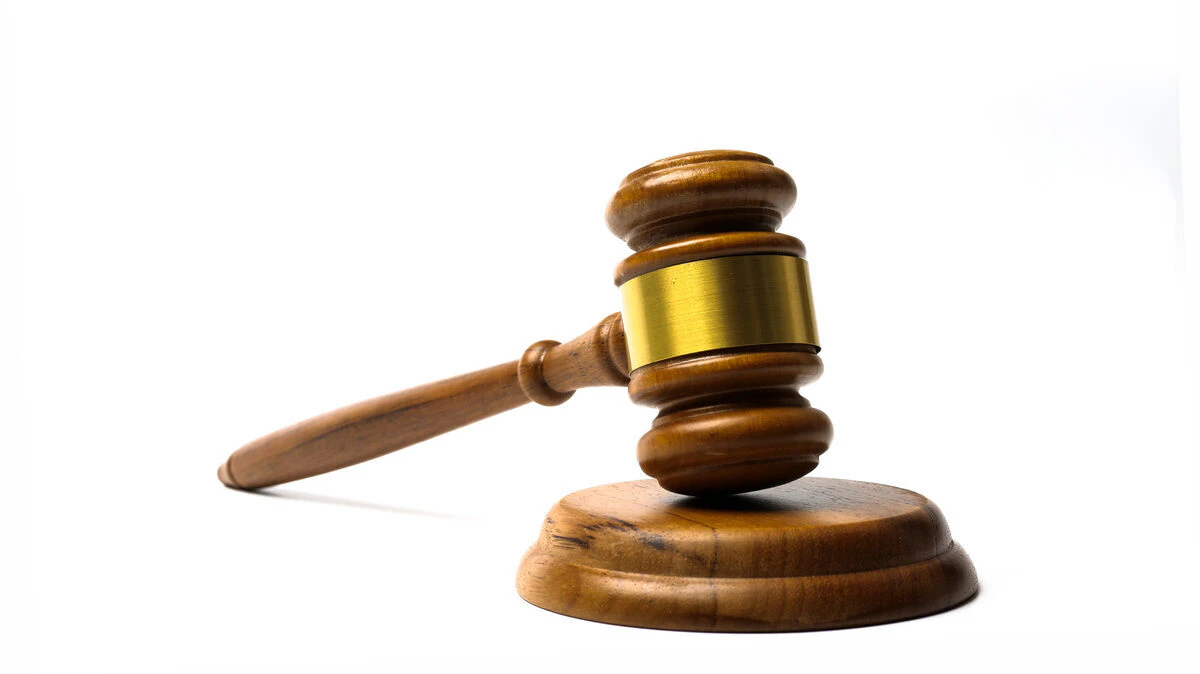At this time in our legislative session, in the chaos that is our system for making laws in this State, those interested in laws being made, like us in the Foundation for instance, are relegated to waiting on the side nervously while back-room decisions about legislative bills are being made. It is the time for conference committee meetings, when representatives of the House and the Senate work out differences between their respective versions of bills. But the public really doesn’t know what is happening until a public meeting of the conferees is set, a conference draft is announced, and the conferees dutifully approve it.
There are, however, exceptions. There are bright spots sometimes.
House Bill 1175 concerns the deadline for taking an appeal from Tax Appeal Court. Most appeals in civil cases must be filed within 30 days of “Final Judgment,” which is a document from the court basically saying, “I’ve decided everything at issue in this case, and the case is now closed.” In Tax Appeal Court, however, our Supreme Court ruled that the 30 days is counted from the date of the “decision,” whether or not the court issues a Final Judgment.
The issue came to a head in Tax Appeal of West Maui Resort Partners, L.P., a case in which the Foundation submitted a friend of the court brief. There, the Tax Appeal Court issued a decision in favor of the County of Maui and entered Final Judgment about three weeks later. The taxpayers filed a notice of appeal within 30 days after Final Judgment, but more than 30 days after the decision. The Hawai‘i Supreme Court picked up on this and asked if the appeal was too late. Maui County, which had not realized before that it was a way to get the taxpayers’ appeal thrown out, cackled with glee, writing that the appeal “was unquestionably untimely,” but then cagily saying that it was not requesting dismissal of the appeal but would leave the issue “to the authority of this Court.”
The Hawai‘i Supreme Court ruled that the taxpayers filed their appeal too late but entertained the appeal anyway under the “unique circumstances doctrine,” a get-out-of-jail-free card that probably would not be available to any other taxpayers after the court’s decision was published.
This wasn’t a case of bad lawyering by the taxpayers’ attorney — he is a former Hawai‘i Supreme Court justice. It’s a genuine procedural trap.
At the request of some interested attorneys, the Foundation drafted House Bill 1175 to provide that an appeal can be taken within 30 days of the Tax Appeal Court’s decision or within 30 days of its Final Judgment.
The bill was heard and passed out by the House Judiciary Committee with no changes. It went to the Senate where the Judiciary and Hawaiian Affairs Committee heard and passed it with no changes. There being no need for a conference committee because there were no changes to the bill, up to the Executive Chambers it went, and Governor Green signed it into law. It’s now Act 10 of 2025.
There are many weighty matters being considered by our lawmakers this year. We also may have a special legislative session later this year when the effects of Trump Administration cuts become better known. Nevertheless, we can, and should, celebrate the small victories when we can.
Thank goodness for small victories.
Tom Yamachika is president of the Tax Foundation of Hawaiʻi. Reprinted with permission.





